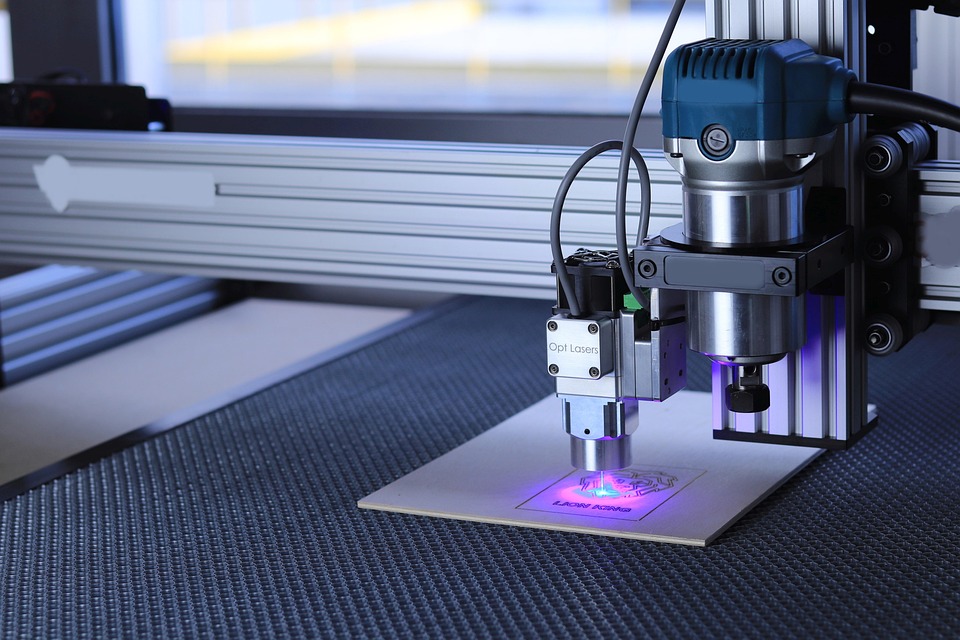Revolutionizing Property Management: The Top Automation Tools for Success
In today's fast-paced world, technology plays a crucial role in almost every aspect of our lives. Property management is no exception. Property managers are constantly looking for ways to streamline their operations, increase efficiency, and provide better services to their clients. Automation tools have become essential in achieving these goals, making the job of a property manager easier and more effective.
Automation tools are software programs designed to automate repetitive tasks, improve communication, and enhance productivity in property management. These tools can be used for various tasks such as tenant screening, rent collection, maintenance requests, and financial reporting. By utilizing automation tools, property managers can save time, reduce errors, and improve their overall efficiency.
There are several automation tools available in the market that can help revolutionize property management. Here are some of the top automation tools for success in the industry:
1. Property Management Software: Property management software is a comprehensive tool that automates various tasks such as rent collection, lease management, maintenance requests, and accounting. This software allows property managers to streamline their operations, track expenses, and generate reports easily. It also helps in improving communication between tenants and landlords, ensuring a smooth rental experience for both parties.
2. Online Payment Solutions: Online payment solutions enable property managers to collect rent payments electronically, eliminating the need for paper checks. This not only saves time but also reduces the risk of late payments. Online payment solutions also offer tenants the convenience of making payments from anywhere, at any time, using various payment methods.
3. Maintenance Management Software: Maintenance management software allows property managers to streamline maintenance requests, track work orders, and schedule repairs efficiently. This tool helps in prioritizing maintenance tasks, assigning them to the appropriate vendors, and monitoring the progress of work orders. By automating maintenance management, property managers can reduce the response time to maintenance requests and ensure timely repairs.
4. Tenant Screening Tools: Tenant screening tools automate the process of screening potential tenants by conducting background checks, credit checks, and rental history verification. These tools help property managers in selecting reliable tenants and reducing the risk of rental defaults or property damage. By using tenant screening tools, property managers can make informed decisions about prospective tenants and minimize rental risks.
5. Communication Platforms: Communication platforms such as email marketing software, SMS messaging tools, and online portals help property managers communicate effectively with tenants, vendors, and owners. These tools allow property managers to send personalized messages, notifications, and alerts to stakeholders, enhancing communication and customer service. By automating communication, property managers can build strong relationships with tenants and ensure timely responses to queries and concerns.
FAQs about Automation Tools in Property Management:
1. Are automation tools expensive to implement?
Automation tools vary in cost depending on the complexity and features of the software. Some tools offer a free trial or a basic version with limited functionalities, while others require a subscription or a one-time fee. It is essential to evaluate the ROI of automation tools in terms of time savings, efficiency gains, and improved services before making a purchase decision.
2. Can automation tools replace human interaction in property management?
Automation tools are designed to complement human interaction in property management, not replace it. While automation tools can streamline operations and improve efficiency, human touch is still essential for building relationships, resolving conflicts, and providing personalized services to tenants, vendors, and owners. Property managers should use automation tools to enhance their capabilities and optimize their workflows, not as a substitute for human interaction.
3. How can property managers choose the right automation tools for their business?
Property managers should consider their specific needs, budget, and existing systems when selecting automation tools for their business. It is essential to conduct thorough research, read reviews, and compare the features of different tools before making a decision. Property managers should also invest in training and support to ensure successful implementation and maximize the benefits of automation tools.
4. What are the benefits of using automation tools in property management?
Automation tools offer several benefits in property management, including increased efficiency, reduced errors, improved communication, and enhanced customer service. Property managers can save time, streamline operations, and focus on value-added tasks by automating repetitive tasks, such as rent collection, maintenance requests, and financial reporting. Automation tools also provide real-time data insights, enabling property managers to make informed decisions and optimize their operations for success.
In conclusion, automation tools have become essential in revolutionizing property management by streamlining operations, improving efficiency, and enhancing customer service. By leveraging automation tools such as property management software, online payment solutions, maintenance management software, tenant screening tools, and communication platforms, property managers can transform their business and achieve success in today's competitive market. By investing in the right automation tools and embracing technology, property managers can stay ahead of the curve, meet the evolving needs of tenants and owners, and drive growth and profitability in the property management industry.


